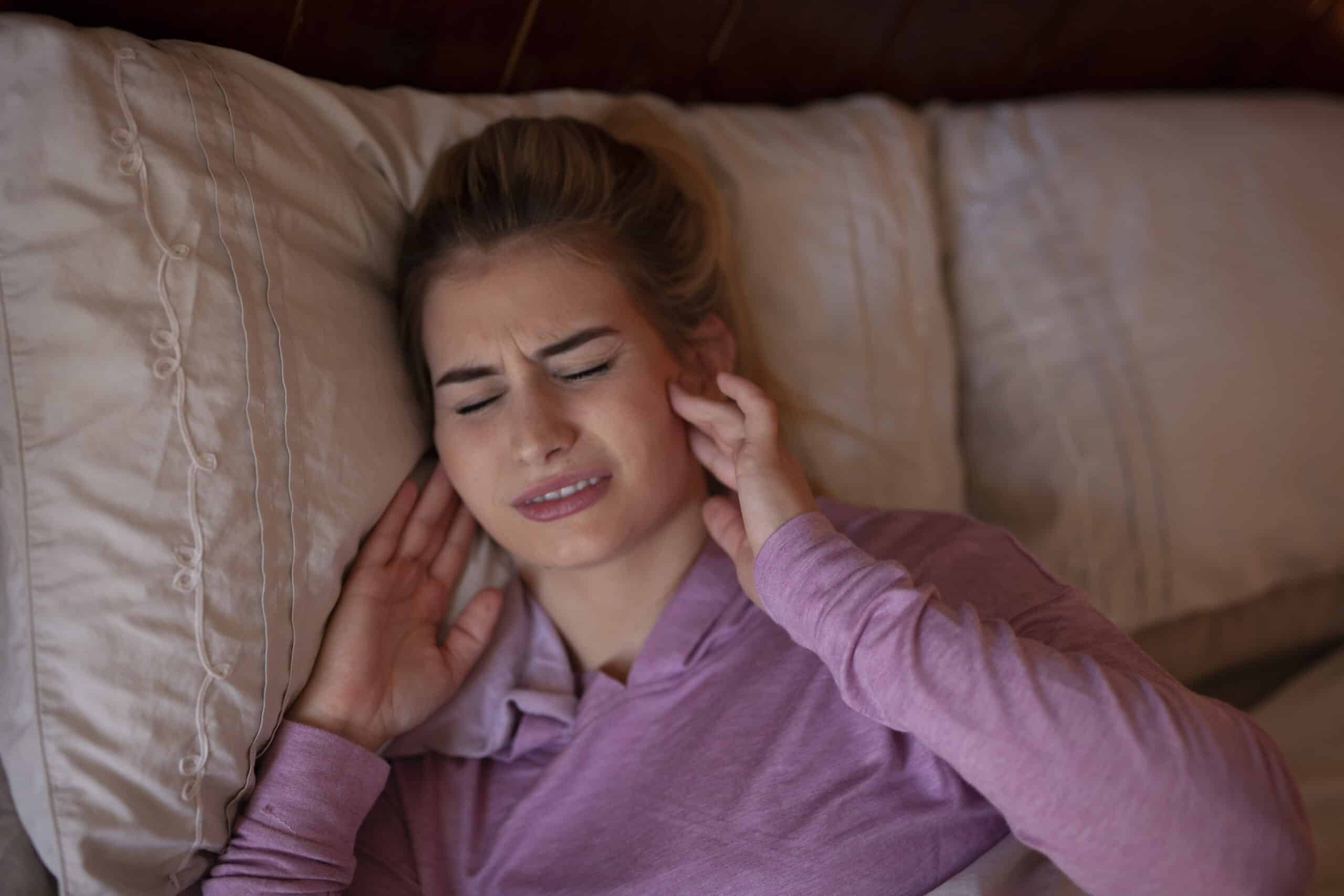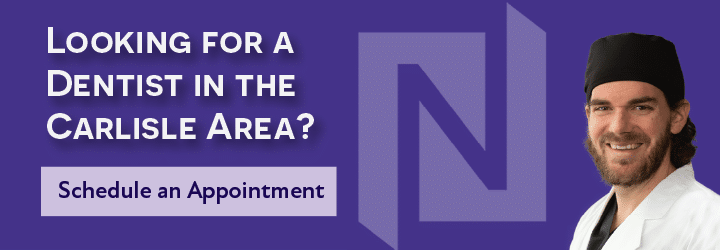
What should I do if my jaw is popping?
Jaw popping can be alarming and sometimes painful, but there isn’t any need to panic. This popping in your jaw is caused by a dysfunction in the temporomandibular joint (TMJ), a hinge that connects the jawbone to the jaw with one on both sides of your face. It’s important to note that the term TMJ can refer to both the joint itself and to the disorder caused by issues with the joint. The disorder can also be referred to as TMD or TMJD. This hinge is what allows you to talk, chew, and even yawn. Popping in this joint can arise when it is not working properly. Certain actions can cause a TMJ disorder or make it worse, such as chewing gum too often, grinding your teeth, clenching your jaw, thrusting your jaw out, or biting your fingernails, lips, or cheeks. When these actions are taken too often, it can cause wear and tear on the joint leading to the pain and popping.
Should you be worried?
In the absence of jaw pain, popping isn’t usually a cause for concern. Certain underlying medical conditions can cause TMJ disorders though. A few examples of these medical conditions include a broken or dislocated jaw, arthritis, malocclusion (misalignment) of the teeth, certain tumors, infection, and sleep apnea. If you are already working through one of these conditions, it’s important to talk to your doctor or dentist about how they may be affecting the health of your temporomandibular joint.
Treatment:
If you’re experiencing popping in your jaw, you will first and foremost want to talk to your general practice doctor or your dentist about it at soon as possible. As there are some habitual actions that can cause wear and tear to the joint, it’s possible your doctor may be able to identify these and help you to begin correcting it. If your TMJD is being caused by an underlying health condition, it’s important to identify these issues early as that will have an impact on treatment moving forward. Luckily, there are many different treatments available for this condition.
In terms of least invasive, using an ice pack and then applying heat thereafter can help to relax the joint. Additionally, nonsteroidal anti-inflammatory drugs or NSAIDs, such as ibuprofen and aspirin can help to reduce pain and popping. Wearing a night guard in your mouth and eating softer foods can also help to lessen the discomfort. Exercises specifically designed to reduce the discomfort associated with TMJD are also available and can even be found on YouTube. Slightly more invasive treatments include ultrasounds, trigger point injections, radio wave therapy, transcutaneous electric nerve stimulation (TENS).
If these treatments don’t prove successful, it is possible to receive surgery for TMJD. This would only be used as a last resort to correct the issue. However, most of the time TMJD can be corrected and alleviated with lifestyle changes and at-home treatments.
If your jaw is experiencing the issues mentioned above, schedule a visit with your dentist so they can examine your jaw and determine your next steps.



